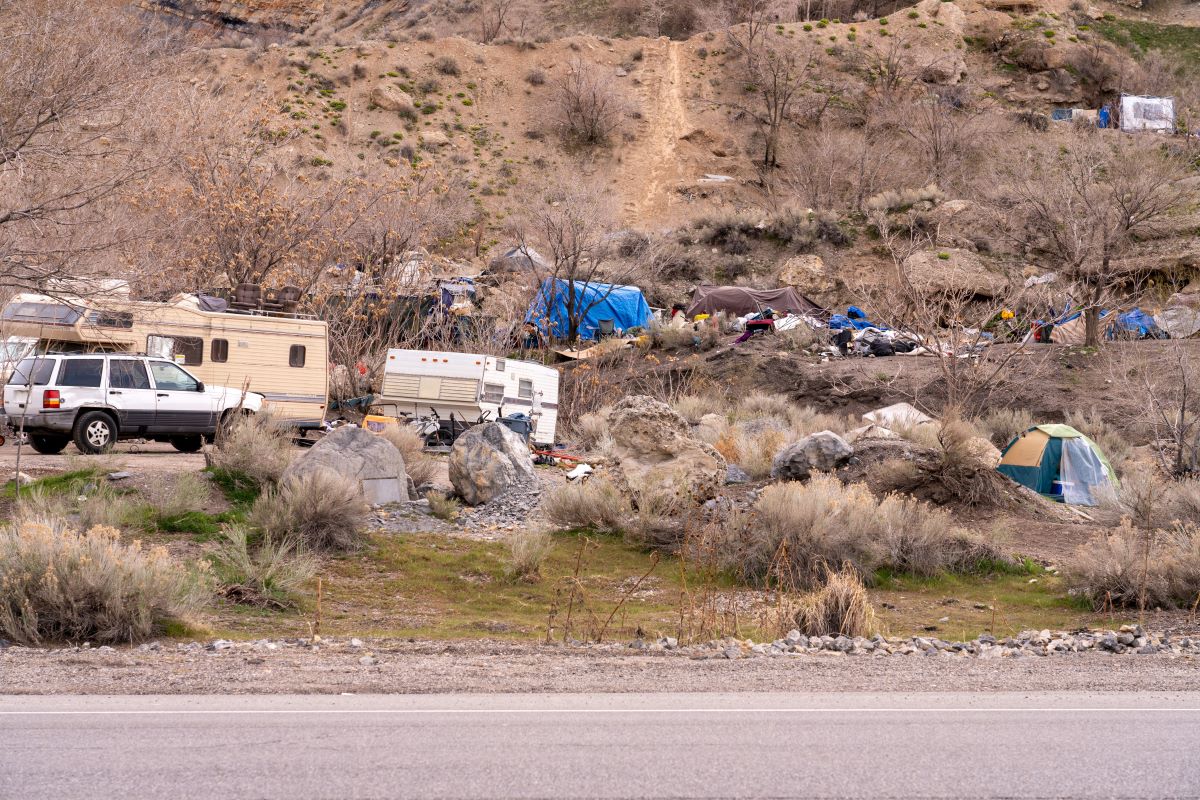"In a September 2022 article, the New York Times writes poverty levels are plummeting. Census data supports this conclusion according to their 2021 census titled Poverty in the United States.This would seem like celebratory news at first glance. Yet, even as poverty is plunging, homelessness is increasing. How is this possible?If poverty levels are dropping, doesn’t that mean homelessness should be getting better? The complicated answer only raises more questions.The Intrinsic Link between Homelessness and Poverty Perpetuates a Vicious Cycle
Poverty is the third-leading cause of homelessness in the U.S. The first two leading causes – a lack of affordable housing and unemployment – are also tied to poverty. However, they are not quite the same. Let us first look at the prospect of poverty and how it is measured, quantified, and defined."
Continue reading the article online at Invisible People TV ->
 |
| Credit Image: © Jon G. Fuller/VW Pics via ZUMA Press Wire |




